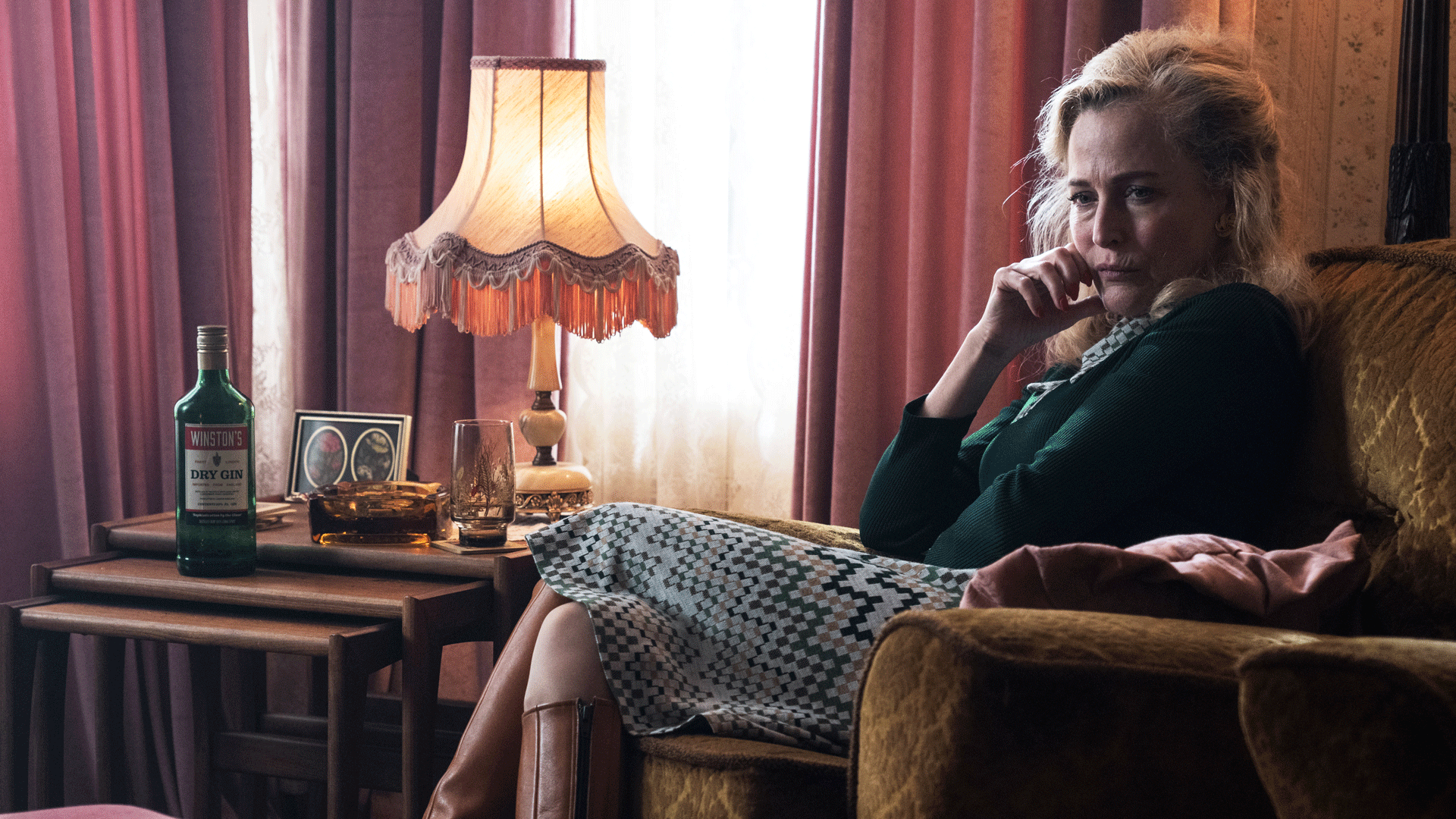It was after Southampton Airport that I thought I’d better have a word with myself. And it was the TV adaptation of Trespasses that reminded me. That’s the show set in and around Belfast in 1975, taken from Louise Kennedy’s novel. It’s a love story at heart, bubbling with the idea that deep, complex inner lives are coursing despite darkness and paranoia all around. And that small, barely noticed actions can have the most dramatic of consequences.
Being Belfast 1975, the Troubles are a character all of their own, shadowy and malevolent, always lingering, dead-weighted with threat. There is an audio motif in that show, a constant news report in many scenes, from radio or TV, detailing the attacks, the bombings, the shootings and the dead.
When Lola Petticrew’s character, a primary school teacher called Cushla Lavery (Petticrew, like Gillian Anderson, is terrific in Trespasses), asks her pupils to talk about something that has happened, they repeat the deadly toll as if it were the times tables.
This rang so true. You’d wake in the morning and hear of how many were killed on one side, and you’d make a mental calculation about how many would be killed on the other side by the time of the six o’clock news. It was as normal as toast.
And the checkpoints. In Trespasses, they got the red torch right. That red torch, moved in a circular motion, that said you were driving into an army or RUC or UDR checkpoint. So many Sunday nights driving back from relatives’ houses when your father had to get out of the car and be searched by armed men, or other nights when an Irish-sounding name would mean you were held longer.
And then the next stage of that, a few years later, being directed every time into the special lane at Larne harbour, made to fill out the green embarkation card because you’re a young Irish man travelling on your own to England. It all rushed back during that fine, challenging show. A madeleine, of sorts, I suppose.









